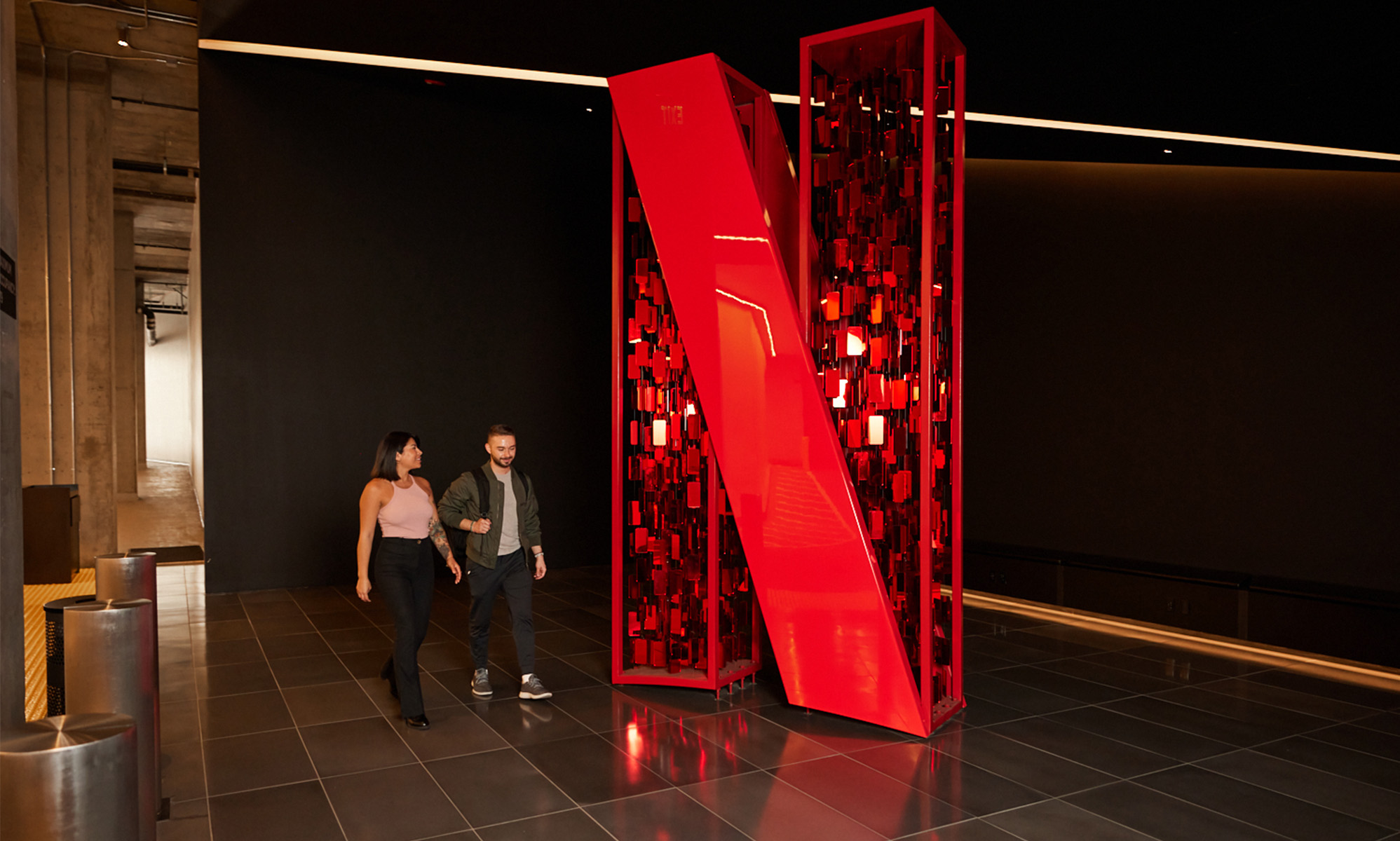Shares of Netflix (NFLX 0.38%) declined on Wednesday after Amazon (AMZN +0.02%) announced that it had acquired the exclusive rights to stream some of HBO's original programming. Starting next month, Amazon Prime subscribers will be able to watch some of HBO's most legendary series for free.
In the purest sense, Amazon Prime is an alternative to Netflix, and the strengthening of Amazon's service could devastate Netflix's business as Netflix subscribers defect for Amazon's theoretically superior alternative. While this is certainly possible in the short run, longer-term shareholders should view the rise of Prime video as a positive force for Netflix.
Building an alternative, Web-based ecosystem
Netflix's CEO, Reed Hastings, was asked about the rise of Amazon Prime on the company's last earnings call. Hastings outed himself as a Prime member and characterized Amazon Prime as a great service -- a complementary one.
According to Hastings, while Netflix competes with Amazon for the rights to original programming, the services themselves are complementary: In a way, they act as multiple channels in an upstart, alternative ecosystem -- online video is, as Hasting put it, "very much not a zero-sum game." This is a point I have made before. Many publications have, in the last year or two, published articles explaining how to "cut the cord" and ditch cable for good. Predictably, many of them present the following identical list of steps:
- Buy a set-top box, video game console, or smart TV.
- Purchase an HD antenna for over-the-air channels.
- Subscribe to multiple Web-based services, including Netflix, Hulu, and Amazon Prime.
That last point is key. For someone who has ditched cable, subscribing to multiple online video services is not, relatively speaking, expensive. Combined, the cost of having both a Netflix and Amazon Prime subscription is only $195 per year. Compared to cable or satellite TV, that's an absolute bargain -- some traditional cable packages cost almost as much for just one month of service. Even adding in a third option like Hulu or Redbox Instant creates an alternative bundle that's still far cheaper than a traditional cable package.
The gap between Amazon and Netflix is widening and quality is improving
Moreover, as time goes on, these services are becoming more and more different -- there was a time, a few years ago, when they offered much of the same content: a simple catalog of B movies and mediocre television shows.
Times have changed, and Amazon's latest deal with HBO is only further proof of that. There's still some overlap between Netflix and Amazon Prime, but the services are more different now than they've ever been in the past -- each with a catalog of exclusive original programming (Alpha House, House of Cards, Orange Is the New Black, etc.) and exclusive third-party content (Downton Abbey, Breaking Bad, and The Sopranos, among many others).
That exclusive original programming has brought a noticeable bump in quality -- the first season of House of Cards earned Netflix its first Emmy last year. Amazon is a bit behind, but with an expanded commitment to original programming, and the release of the FireTV, Amazon looks more committed to Prime Video than ever before.
Cord-cutting is no longer just theoretical
This idea of a new online video ecosystem supplanting the traditional cable complex isn't just theoretical -- it's finally starting to show up in the data. Earlier this month, Experian Marketing Services released a survey showing that the number of cord-cutting households has increased dramatically in the last three years, rising 44%.
This trend seems inexorably linked to the rise, and growing strength, of the online video ecosystem: The survey showed that cord-cutting was far more prevalent among households that subscribed to an online video service, and was especially common among those that used an Internet-connected TV or set-top box.
This trend remains in its infancy -- there are still some 100 million U.S. households that subscribe to paid TV in one form or another. If investors believe the future of TV content is online -- a series of Web-based platforms, rather than traditional cable networks -- Netflix's business remains as solid as ever. A better Amazon Prime should only help make it a reality.







